Daily Times Table Teasers: Daily Times Tables Teasers Ages 7-11
This product is not currently available.
To help you find what you're looking for, see similar items below.
Rated 4/5 from 4 ratings
1 review (Add a review)
Delivery information
- FREE postage to schools*
- Postage charges apply to home addresses
- Delivery within 10 working days
Book Club orders
- FREE postage to schools*
- Books will be despatched after the school's order is confirmed
Delivery information and refund and returns policy
*We do not charge postage costs on your order, but border charges are payable and additional customs charges may be levied.
Product description
A huge range of imaginative strategies for teaching times tables in a flexible and creative way.
- Reinforce and teach times tables across the different learning styles – enables you to address different pupils’ learning styles.
- This multi-sensory approach encourages creativity, flexibility and thinking transforming the learning of multiplication facts into a fun and exciting experience!
- Research shows taking breaks to exercise the brain helps learning.
- Anytime ideas to start the day, provide a change of pace, whenever you want to get children thinking!
- Grouped by learning style so you can choose the most appropriate activity for the moment.
Product Details
Series
Format
Paperback
ISBN
9780439945448
Date published
September 3rd, 2007
Other details
- 64 pages
Condition
New
UK editionPart of this Series
Activities & resources
Reviews
Add a review
Case study
Karen Vive from Binfield C E Primary School takes a look at Daily Times Tables Teasers Ages 7-11 for us.
Nobody should question the fact that having instant recall of multiplication facts is a life skill. Yet persuading young children of the use of such a skill can be quite a challenge – even to the most experienced teacher. So ideas that go beyond chanting and writing down are most welcome.
John Dabell’s book is packed full of activities to supplement the understanding of multiplication facts. Ideas are varied, appealing to different types of thinkers and learners. Approach varies from individuals, buddies, small group to whole class. Some can be used in a few minutes – perhaps as mental starters or games for the plenary. Others are more involved and could easily form a major part of a lesson. There are even suggestions for how activities may be used outside of formal maths sessions.
From a busy teacher’s point of view, the layout of the book is simple and extremely helpful. Prompt boxes at the beginning of each activity give clear objectives, indicate preferred learning styles and list resources. Instructions for the activities are straightforward and concise. Many can be used without modification with the children. A particularly useful feature is the extension idea provided with the activities. Grouping the activities according to the type of learning style means a balance over a few sessions is easily achieved.
The book provides a large enough range to accommodate all abilities making it an extremely valuable resource for the whole suggested 7 – 11 age range. It is a resource which all teachers will find invaluable.


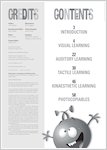


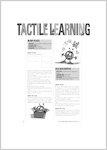
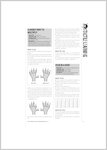
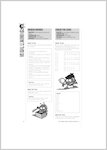
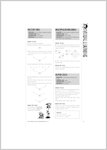

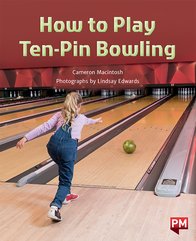
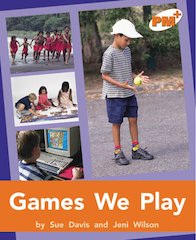
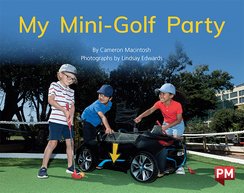

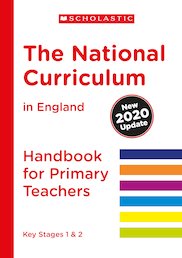
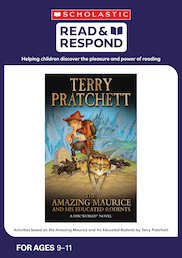
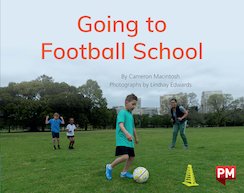
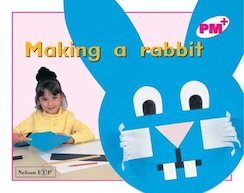
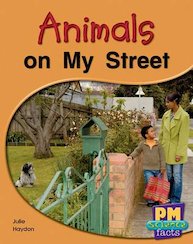
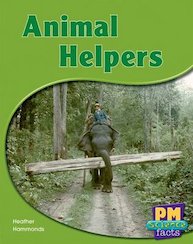
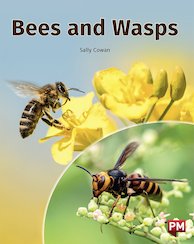
veteran
on 30 January 2008
“Daily Times Tables Teasers”
Nobody should question the fact that having instant recall of multiplication facts is a life skill. Yet persuading young children of the use of such a skill can be quite a challenge – even to the most experienced teacher. So ideas that go beyond chanting and writing down are most welcome.
John Dabell’s book is packed full of activities to supplement the understanding of multiplication facts. Ideas are varied, appealing to different types of thinkers and learners. Approach varies from individuals, buddies, small group to whole class. Some can be used in a few minutes – perhaps as mental starters or games for the plenary. Others are more involved and could easily form a major part of a lesson. There are even suggestions for how activities may be used outside of formal maths sessions.
From a busy teacher’s point of view, the layout of the book is simple and extremely helpful. Prompt boxes at the beginning of each activity give clear objectives, indicate preferred learning styles and list resources. Instructions for the activities are straightforward and concise. Many can be used without modification with the children. A particularly useful feature is the extension idea provided with the activities. Grouping the activities according to the type of learning style means a balance over a few sessions is easily achieved.
The book provides a large enough range to accommodate all abilities making it an extremely valuable resource for the whole suggested 7 – 11 age range. It is a resource which all teachers will find invaluable.
Karen Vive, Binfield C E Primary School, Berkshire